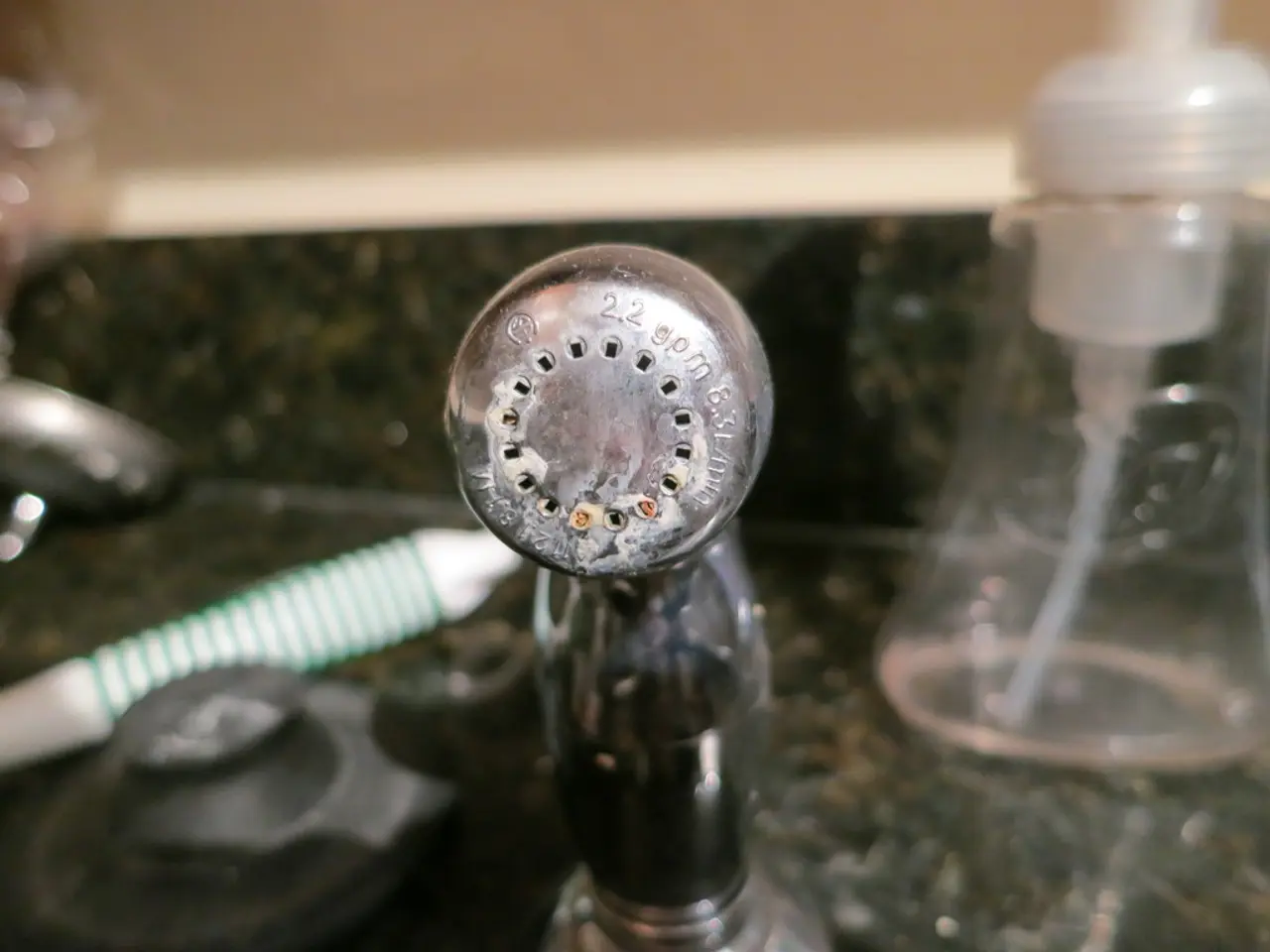Hydrotherapy Exploration: Meaning, Advantages, and Applications
Hydrotherapy, a therapy that uses water for health purposes, offers a wide range of treatments and benefits. From warm baths and saunas to contrast hydrotherapy and immersion therapies, there's a hydrotherapy option for everyone.
Contrast Hydrotherapy
Alternating hot and cold water, such as in hot and cold showers, is a popular form of hydrotherapy. Pioneered by Sebastian Kneipp in the 19th century, this method is often integrated into daily routines. It helps reduce inflammation, stimulate circulation, and enhance lymphatic drainage.
Sauna and Steam Rooms
Saunas use dry heat, while steam rooms employ humid heat. Both promote sweating for detoxification, ease muscle pain, and improve circulation.
Warm Baths
Soaking in warm water, possibly with additives like Epsom salts, mineral mud, or essential oils, supports skin and musculoskeletal conditions, relaxes muscles, and reduces tension.
Sitz Baths
Shallow baths with warm or cold water, typically recommended for postpartum recovery, hemorrhoid relief, or menstrual cramps, are another form of hydrotherapy.
Immersion Therapies
Including cold plunge pools, hot tubs, whirlpool baths, and ice baths, immersion therapies offer muscle relaxation, pain relief, and improved circulation.
Hydromassage and Hot Water Swimming
Using water massage jets or swimming in heated pools can relieve pain and improve mobility.
Benefits of hydrotherapy treatments are numerous and include improved circulation and lymphatic drainage, musculoskeletal recovery and pain relief, detoxification and immune support, and mental health benefits such as stress relief, reduced anxiety, improved sleep, and emotional balance.
However, it's essential to consult a doctor before starting hydrotherapy. Those with cardiovascular issues, skin infections, open wounds, circulatory disorders, pregnancy, fever, severe infections, acute inflammation, neurological conditions, or sensory impairments should exercise caution.
In addition to these traditional forms of hydrotherapy, newer methods are being developed and researched. For instance, water-based activities may improve mental health in some people, reducing anxiety and depression, and improving mood.
Research into the benefits and uses of hydrotherapy is ongoing, and while there is still a lack of evidence to support some hydrotherapy health claims, the potential benefits are undeniable. Whether you're looking to ease joint pain, recover from a workout, or simply relax and unwind, hydrotherapy could be the solution you've been seeking.
- In the realm of other musculoskeletal disorders, science suggests that hydrotherapy could potentially provide relief and aid in recovery.
- For individuals dealing with fibromyalgia, hydrotherapy therapies and treatments, particularly warm baths, may offer significant benefits in managing pain and improving mental health.
- In the health-and-wellness sector, nutrition plays a crucial role in the efficiency of hydrotherapy, as proper hydration and well-balanced meals can enhance its effects.
- In fitness-and-exercise routines, incorporating hydrotherapy, such as contrast hydrotherapy, can help with recovery and easing post-workout muscle tension.
- Mental-health patients may find solace in alternative hydrotherapy options like saunas and steam rooms, which have been known to reduce stress and promote emotional balance.
- For people seeking alternative treatments and therapies, the burgeoning field of science focuses on the development of innovative hydrotherapy methods, such as water-based activities, to improve mental health and combat issues like anxiety and depression.




